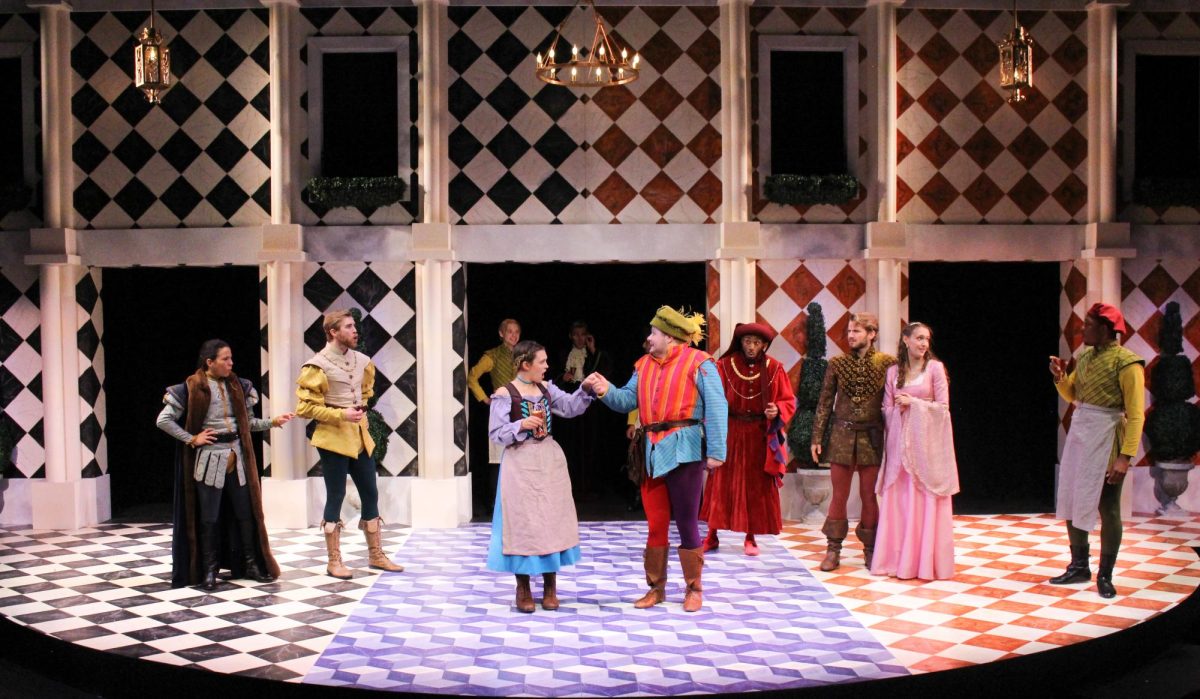In the wild “everything knows its place,” says Detective Nathan Leckie to Joshua ‘J’ Cody, the teenage protagonist of “Animal Kingdom.” This theme follows the characters of director David Michod’s Australia throughout the film.
J is a 17 year old, unexpectedly orphaned following his mother’s drug overdose. He is effectively thrust into a tale of self-discovery. On the surface a blank-slated, there-but-not-there fellow , J guides us on a brutal ride that is his life.
The town he inhabits, at least in Michôd’s Melbourne-based version, is a seedy underworld, where tensions are building between equally dangerous criminals and police.
Not that J, played by James Frecheville, is not a strapping young man that can’t hold his own. He — although he doesn’t realize it at first — is something much more interesting than his unlawful uncles.
At one point, while riding in a car with his speed-addicted, wild card of an uncle, Craig (Sullivan Stapleton), J pulls a gun on a feuding motorist at his uncle’s urging. The implications of the scene leaves an impression of what the film’s eventual outcome looks like.
J is unaware of the danger he puts his girlfriend (Laura Wheelwright) in by bringing her around his uncle Pope. Pope is a murderous sociopath, likely off his meds, hiding from a band of detectives that want nothing more than for him to be dead. Because of this, J is unable to predict what he’s in for.
When the cops turn the heat up things take a violent corner, J’s only way out of the family turmoil comes in the form of Leckie, a righteous detective played by the mustache-sporting Guy Pierce.
Michôd, a celebrated short film filmmaker, has a knack for capturing real-life drama on a fictional set.
The palpability of “Animal Kingdom,” with its suggestive violence, embodies that certain severity unlike a Guy Ritchie, and sometimes Quentin Tarantino, cartoonish bloodbath. Michôd understands that a single well-placed shot can cause more damage and have a greater effect than a complete unloading of an arms cache.
Because of that, the film excels in its realism, a credit as well to Director of photography, Adam Arkapaw, who calls it his love letter to Melbourne.
Frecheville, a first-timer on film, with his aloofness, is perfect for his on-screen counterpart. When the film opens he is sitting next to his mom who overdosed, almost as if can’t be bothered as he watches a game show, slack-jawed, waiting for the paramedics to arrive.
But the film is carried by the performances of Ben Mendelsohn and Jacki Weaver. As Pope, Mendelsohn is unnerving. He has the affectations of a horror film character, with the absence of shock and awe that currently dilutes the genre.
A real testament to Mendelsohn’s acting chops, Pope is the kind of guy that makes you want to whip out the Purell – should you have some – just being near him. And, as his mother, Smurf, Weaver is ever-doting and controlling of both family and film. Like a mother lion, Smurf will sooner commit infanticide than allow her entire pride to perish.
In the end, I suppose being so far away from the predictable Hollywood crime drama has benefitted “Animal Kingdom.”
The film moves little faster than a tortoise, but when things get hairy, it’s as startling as a jolt from your seat – something a fan of film can appreciate.








